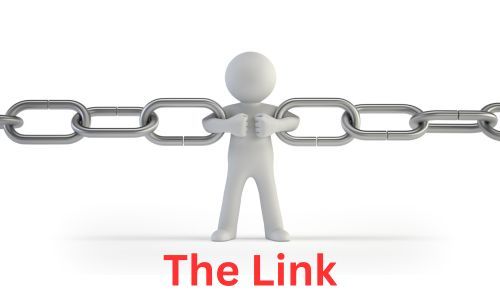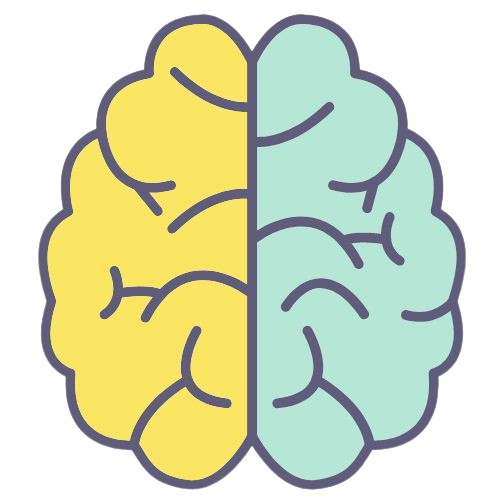
Introduction
Binge eating is a serious issue that affects many people, and it can be a symptom of Attention Deficit Hyperactivity Disorder (ADHD). ADHD is a neurological disorder that affects the way people think, act, and interact with the world around them.
It is characterized by difficulty focusing, impulsivity, and hyperactivity. People with ADHD may also struggle with emotional regulation, leading to behaviors such as binge eating.
Binge eating is a pattern of eating large amounts of food in a short period of time, often accompanied by feelings of guilt and shame.
It is important to understand the connection between ADHD and binge eating in order to better support those who are struggling with both.
What is ADHD and How Does it Relate to Binge Eating?

Binge eating ADHD, or Attention Deficit Hyperactivity Disorder, is a mental health disorder that affects millions of people around the world. It is characterized by difficulty focusing, impulsivity, and hyperactivity.
While it is most commonly associated with children, it can also affect adults. When it comes to the question of whether or not binge eating is a symptom of ADHD, the answer is not so straightforward.
While there is no definitive answer, research has suggested that there may be a link between the two. Studies have found that people with ADHD are more likely to engage in binge eating than those without the disorder.
Additionally, people with ADHD may be more prone to emotional eating, which can lead to binge eating. Ultimately, more research is needed to determine the exact relationship between ADHD and binge eating.
However, it is important to note that if you or someone you know is struggling with binge eating, it is important to seek help from a mental health professional.
The Link Between Binge Eating and ADHD

Binge eating disorder (BED) is a serious mental health condition that is characterized by recurrent episodes of eating large amounts of food in a short period of time. It is estimated that up to 3.5% of adults in the United States suffer from BED.
Recent research has suggested that there may be a link between BED and Attention Deficit Hyperactivity Disorder (ADHD). Studies have found that individuals with ADHD are more likely to suffer from BED than those without ADHD.
This suggests that there may be a connection between the two conditions. Additionally, research has found that individuals with both ADHD and BED are more likely to have higher levels of impulsivity and difficulty controlling their emotions.
This further supports the idea that there is a link between the two conditions. While more research is needed to fully understand the connection between BED and ADHD, it is clear that there is a potential link between the two conditions.
If you or someone you know is struggling with BED, it may be worth exploring whether or not ADHD is also a factor.
Common Symptoms of ADHD and Binge Eating

- Impulsivity - Hyperactivity
When it comes to ADHD, impulsivity and hyperactivity are two of the most common symptoms. But is binge eating a symptom of ADHD as well?
While it is not listed as an official symptom of ADHD, research has shown that there is a strong correlation between the two. Studies have found that people with ADHD are more likely to engage in binge eating than those without the disorder.
This is likely due to the impulsivity associated with ADHD, which can lead to overeating or eating unhealthy foods. Additionally, people with ADHD may have difficulty controlling their emotions, which can lead to emotional eating.
It is important to note that not everyone with ADHD will experience binge eating. However, if you or someone you know is struggling with binge eating, it may be worth exploring whether ADHD is a factor.
With the right treatment, it is possible to manage both ADHD and binge eating.
How to Manage Binge Eating and ADHD

ADHD Binge eating is a common symptom of Attention Deficit Hyperactivity Disorder (ADHD). People with ADHD often struggle with impulsivity, which can lead to overeating and difficulty controlling their eating habits.
This can lead to feelings of guilt and shame, as well as physical health problems. Managing both binge eating and ADHD can be a challenge, but there are steps you can take to help.
First, it’s important to understand the connection between the two. Talk to your doctor or a mental health professional to get a better understanding of how your ADHD may be contributing to your binge eating.
Once you have a better understanding of the connection, you can start to develop strategies for managing both.
This may include developing a regular eating schedule, avoiding triggers that lead to overeating, and finding ways to manage stress and anxiety.
Additionally, medications and therapy can be helpful in managing both ADHD and binge eating.
By understanding the connection between ADHD and binge eating, and taking steps to manage both, you can take control of your health and wellbeing.
Treatment Options for ADHD and Binge Eating

Binge eating is a complex disorder that can be caused by a variety of factors, including mental health issues such as ADHD. While the exact cause of binge eating is still unknown, research suggests that it may be linked to ADHD.
People with ADHD may be more likely to engage in impulsive behaviors, such as overeating, which can lead to binge eating. Fortunately, there are a variety of treatment options available for those struggling with both ADHD and binge eating.
cognitive behavioral therapy
Cognitive Behavioral Therapy (CBT) is one of the most effective treatments for both conditions. CBT helps individuals identify and modify unhealthy behaviors and thought patterns that may be contributing to their binge eating.
Additionally
Medications such as stimulants and antidepressants can help reduce symptoms of ADHD and improve impulse control.
With the right combination of treatments, individuals can learn to manage their ADHD and binge eating and lead healthier, more balanced lives.
Also working with a professional and learning coping skills can also help a person manage his symptoms. Exercise can help to release pent up energy.
Also using a planner that is geared towards ADHD can be a great help. This "ADHD Planner" can help a person stay organized.
Then that person can start to build self confidence and self-worth. This is one of many steps in the process to deal with the issue.
Conclusion

ADHD - Binge Eating - Symptoms - Management - Treatment
In conclusion, it is clear that there is a strong link between ADHD and binge eating.
While the exact cause of this connection is still unknown, it is important to recognize the common symptoms of both conditions and to seek appropriate treatment.
With the right management and treatment plan, individuals with ADHD and binge eating can learn to manage their symptoms and lead healthier, more fulfilling lives.
It is essential to remember that no two people are the same and that everyone's experience with ADHD and binge eating is unique.
Therefore, it is important to seek professional help and to create an individualized treatment plan that works best for you
One More Thing:
Below is a button to another article about ADHD. It is called: "Spotting ADHD: The Key Symptoms in Children and Adults."










